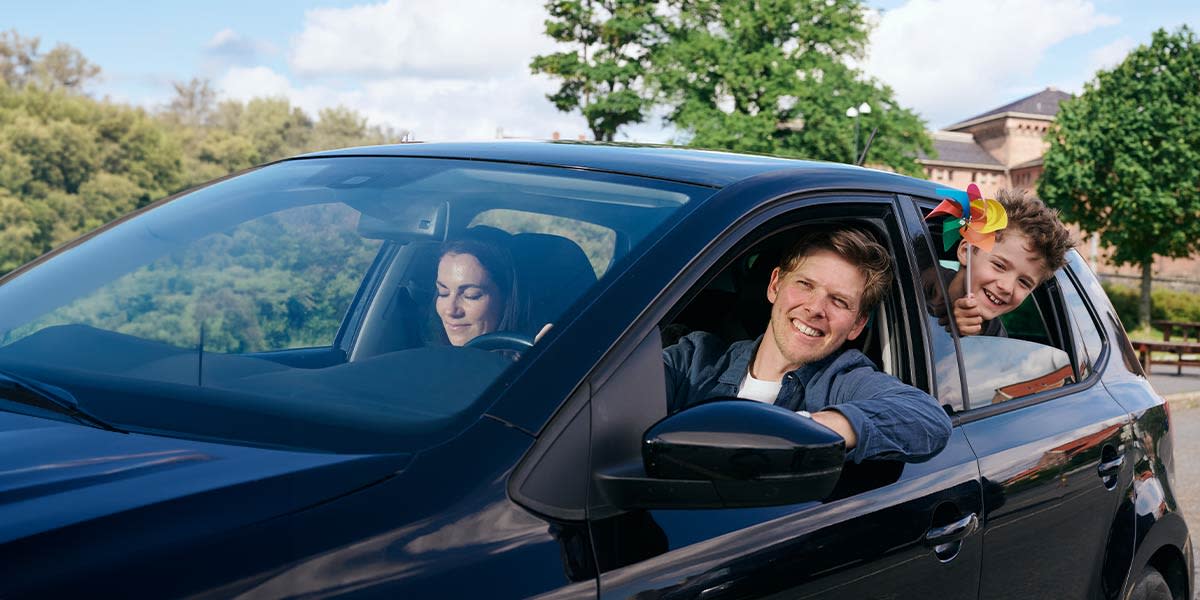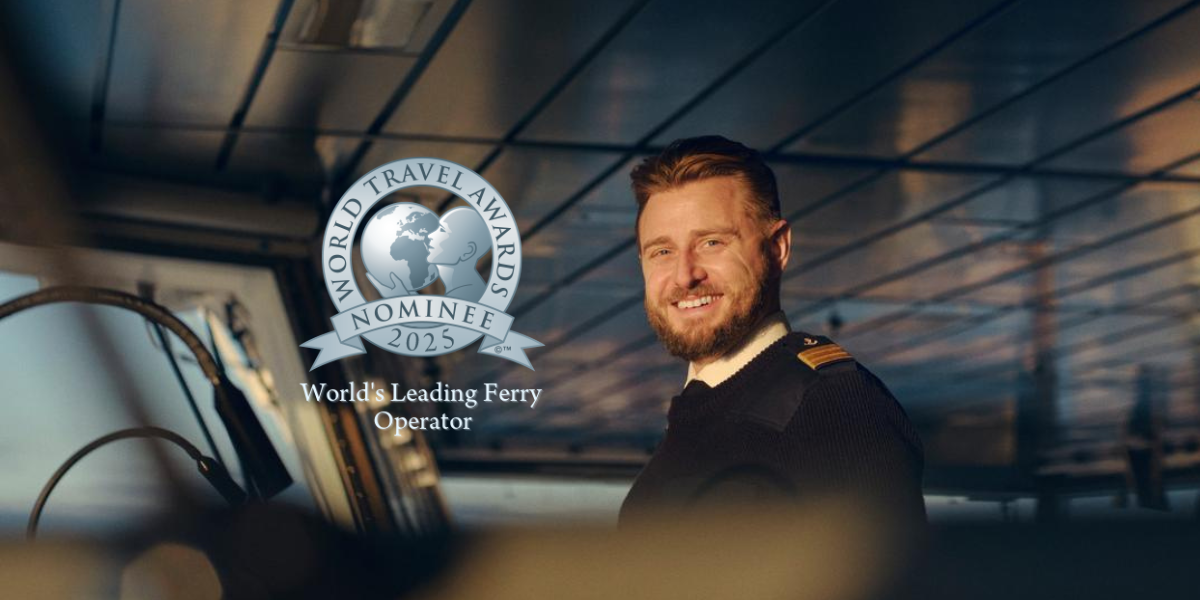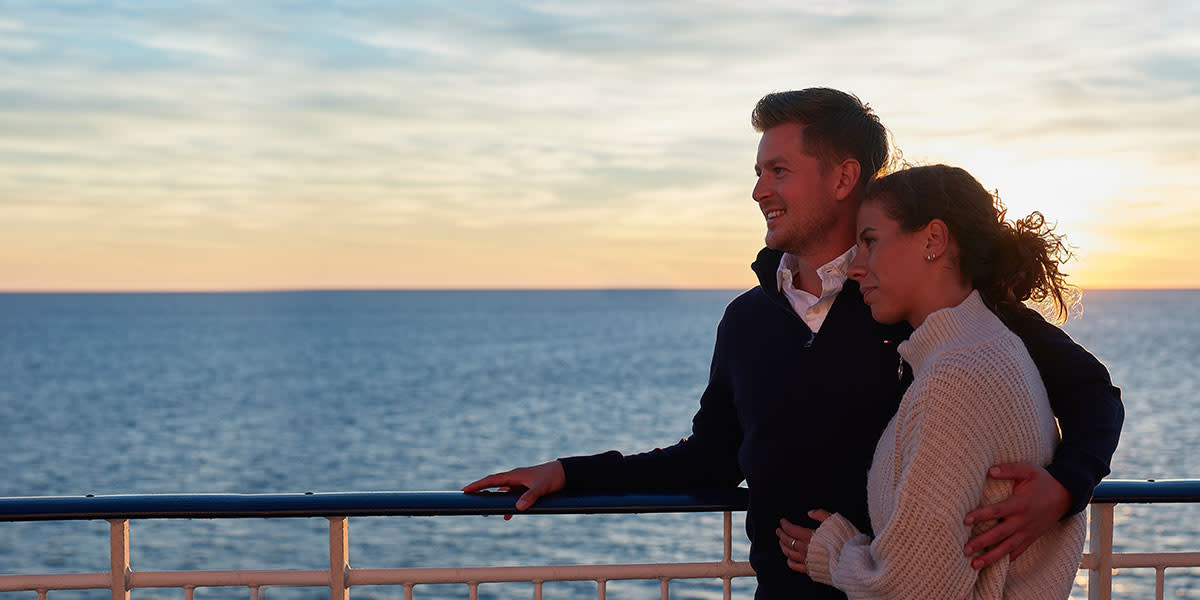
Hidden costs while travelling
Hidden travel expenses - how much is paid for food and accommodation when traveling to Western Europe
Have you had to go back from vacation and regret the potentially ill-considered costs before the trip? Enchanted with the excitement and anticipation of an upcoming vacation, we forget to critically evaluate costs. When planning trips, it is very important to think in advance where and how we want to go so that a significant part of the long-term money saved is not spent on the journey to the destination.
The most expensive - your time
Vaidas Klumbys, DFDS Communications Manager for the Baltics, notes that car travel is becoming more and more popular, which is compounded by the pandemic situation: reducing the number of contacts, but for such a trip to reap its full benefits, it is important to estimate the cost of time. ”
Let's say if you plan to drive from Vilnius to Berlin, you would have to cover more than 1000 km. Such a non-stop trip would take an average of 12 hours. at an average speed of 88 km / h - due to road repairs and car traffic, you should not expect to drive faster in the warm season. Fatigue is inevitable when driving a vehicle for 12 hours. Driving half a day is a challenge for both your bodies and your emotional health, so it is necessary to set up additional stops for rest, movement and eating. All of this is an additional time cost that you will feel along with the hour-by-hour increase in fatigue.
Vacation time spent on the road is wasted in both the wheelchair and passenger seat, and when traveling with young children, the possibility of conflict situations due to accumulated fatigue increases even more. "When people are separated from the purpose of the trip by the day they have to spend in the car, the mood of the crew can upset," says V. Klumbys.
Don't stop or stay?
It is not cheap to cover the distance from Vilnius to Berlin by car: traveling in one way with an fuel-efficient car would cost an average of 93 euros. This means that a round trip would cost an average of € 186. If you plan to visit places of interest during the trip, look around the city, fuel costs may increase even more.
To avoid travel fatigue, travelers on average stop for an overnight stay at a hotel or motel. It is also not a cheap pleasure: staying in traveling Polish hotels costs from 30 to 50 euros per night. Some hotels may require you to pay extra for parking in the hotel or motel area.
On a long trip, spending on food is also hard to avoid, especially if traveling with a family. Often, travelers choose to snack on food at gas stations along the way to save money. However, such food is not very cheap and all the more healthy. Food prices at Polish petrol stations, although slightly lower, differ little from fast food sold at petrol stations operating in Lithuania. A sandwich in Poland can cost about three euros, a sausage two, and a cup of coffee can cost about 2.20 euros. Stopping and eating at restaurants may be a healthier alternative, but again, the cost will certainly not be lower. For comparison - when traveling by ferry from Lithuania to Germany, ordering complex meals online will cost a child - 9.45 euros, one adult - 18.90 euros, and children under three - free of charge.
Unplanned surprises: what to remember?
Reaching Western Europe will require traveling through Poland, where the currency is different from that of most EU countries, the euro. Shopping in a neighboring country will require the use of currency exchange services, which can increase travel costs unexpectedly. It is also necessary to mention the continuing risk of car breakdown, from which we are not protected. If a vehicle breaks down on the motorway, it must be towed and the cost of towing is huge: towing 30 km costs 270 euros. In addition, you will have to decide how to continue the journey and whether it will be possible to continue it at all.
It is worth noting that when traveling in transit by car, you may also have to pay for the roads. Tolls in Western Europe are very common, we can already encounter them in Poland. The amount that may need to be laid also depends on the size and weight of the car, how many days it is planned to drive on the country's roads. In Poland, road tolls range from 0.77 euro cents to 6.55 euros. So, if you decide to reach your destination faster or before you leave without wondering if there are any road repairs on the road, you may have to travel on paid routes, which will increase your travel costs.
Traveling by ferry helps you save and relax
Vaidas Klumbys observes that after calculating all the costs and evaluating the safety and convenience of the trip, more and more people choose ferry trips: “To make the most of every minute of your holiday, ferries are definitely a good alternative. People who choose to travel on our ferries are happy to avoid unnecessary expenses, enjoy rest on board, admire the sea views from the deck, breathe fresh air. ”
The ferry company has a flexible ticket exchange policy in the face of market uncertainty and allows you to change the travel date once at no extra charge in the event of a change in travel plans. "Traveling by ferry is a great part of traveling by car and entertainment for those who want to relax from worries, tension and stress. It can be a great entertainment for families with children or for romantics who want to admire the sea landscape, watch the setting sun and sip a cocktail, ”says Vaidas Klumbys.
Our routes

Proudly named the World’s Leading Ferry Operator
And nominated again in 2025!
While we wait to hear the results of the European award, you can already help us secure the World title too.
Thank you!



